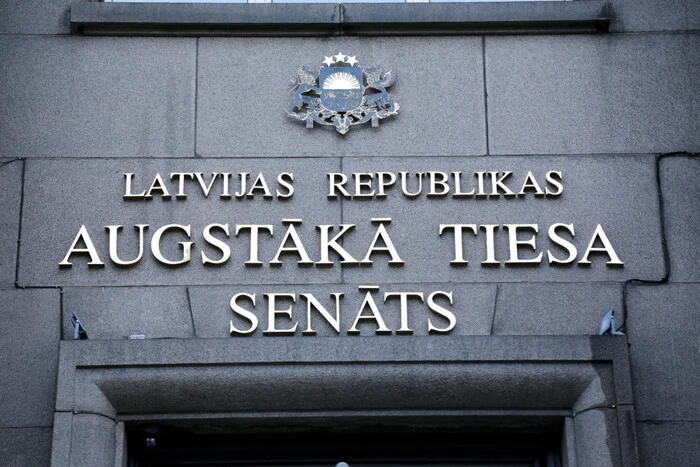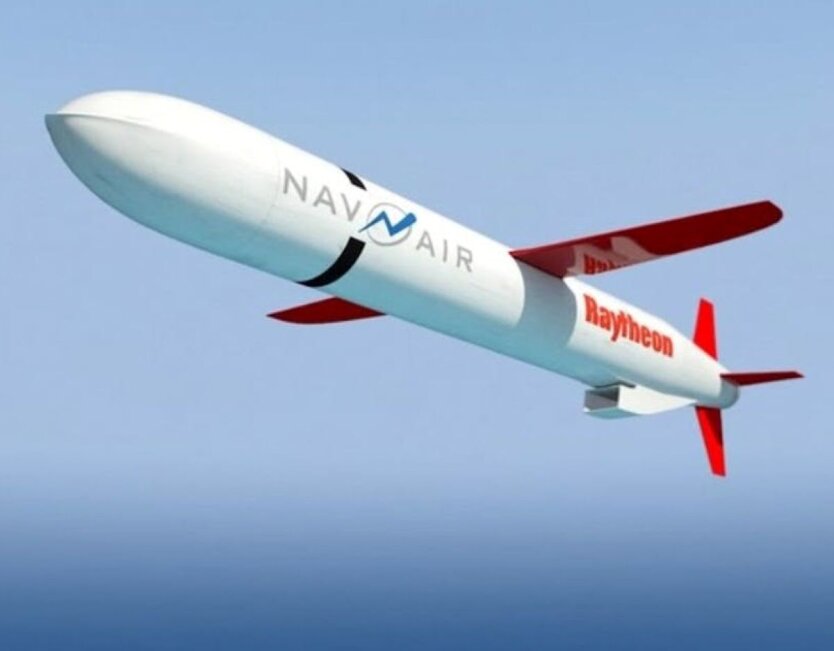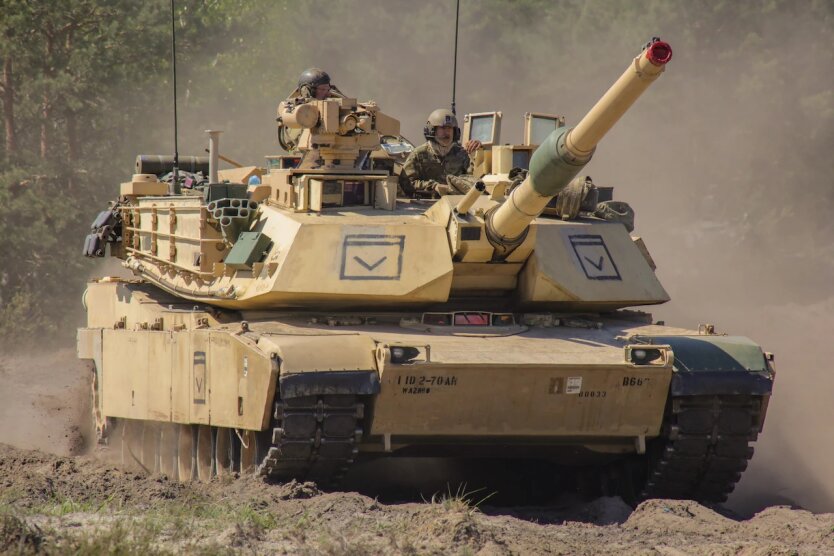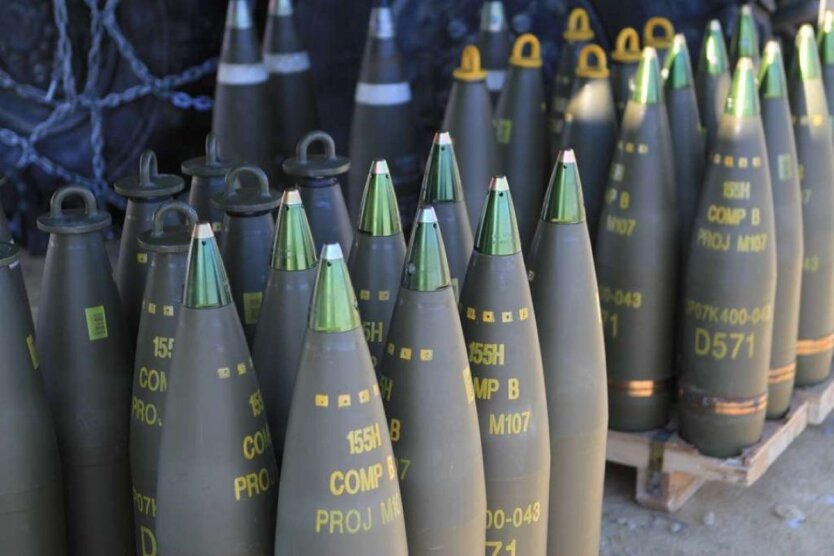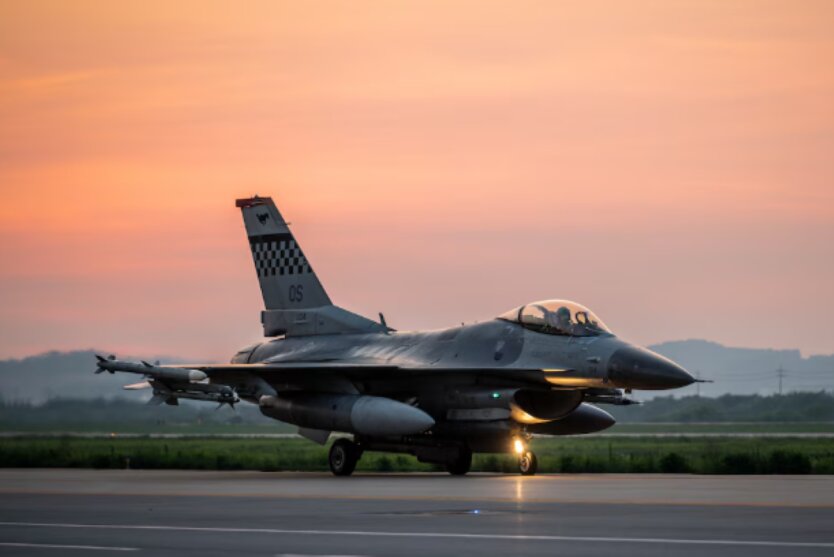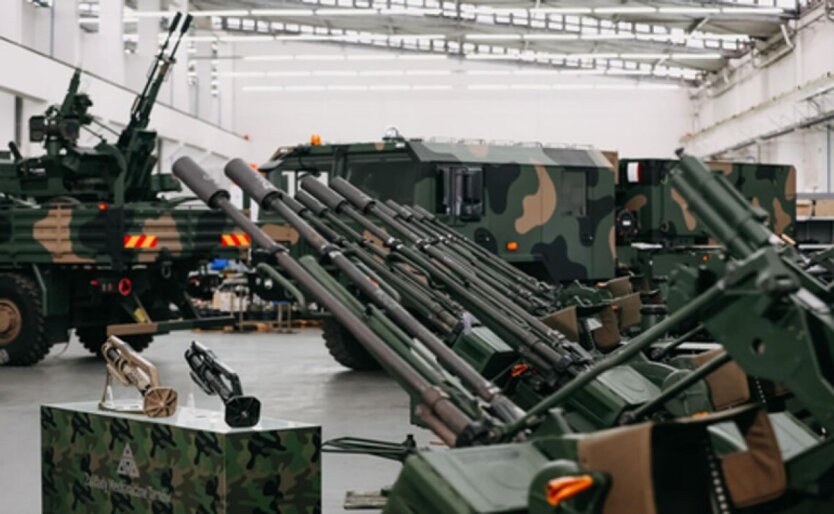NATO reacted to the recruitment of North Korean soldiers for the war in Ukraine.

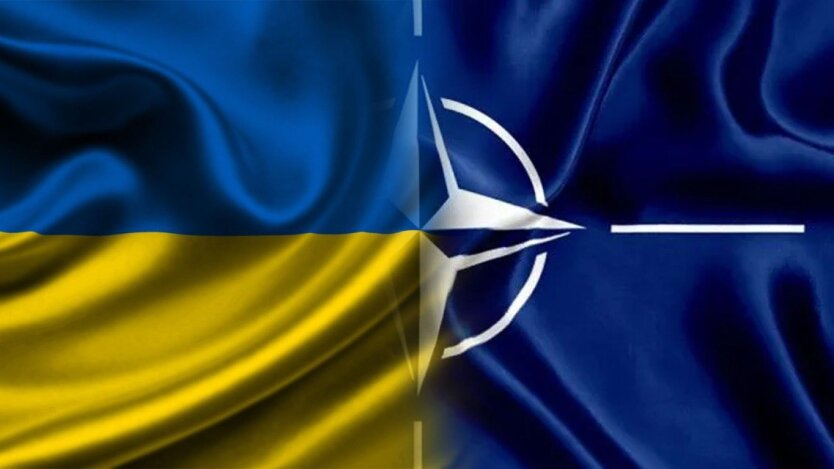
The President of the NATO Parliamentary Assembly, Gerry Connolly, spoke in an interview with Radio Liberty about North Korea's participation in the war between Russia and Ukraine, as well as the weakness of the Russian army.
Connolly claims that for North Korea, participation in this conflict is an opportunity to gain combat experience, which it lacks, even though it is one of the largest armies in the world.
He noted that the last military actions of the DPRK took place during the Korean War 70 years ago.
The congressman also emphasized that the involvement of North Korean soldiers indicates the depletion of Russia's military potential.
It is estimated that Russia's losses amount to 600,000 people, including killed, wounded, and missing, which approaches the level of losses at the beginning of World War II.
Except for all of this, Putin's strategy was incredibly successful.
Connolly believes that Putin made a mistake by starting the war in Ukraine. Instead of a quick victory, the Russian army has been exhausted in battles for 2.5 years, while NATO, which Putin considered a "paper tiger," has strengthened further by accepting new members, including Finland and Sweden.
In conclusion, the President of the NATO Parliamentary Assembly ironically noted that "except for all this, Putin's strategy was incredibly successful."
Recall that Ukraine may receive three types of missiles from South Korea in response to Russia's recruitment of "volunteers" from the DPRK.
Read also
- In Latvia, a man received a sentence for participating in the war against Ukraine on the side of Russia
- Response to the Russian Threat: The Netherlands Arm Their Fleet with Tomahawk Missiles
- Trump does not give the green light: why the Abrams tanks for Ukraine are 'stuck' in Australia
- Estonia is building a powerful NATO munitions factory
- Osan Air Base: The US increases the number of F-16 fighters in South Korea by 155%
- The Ministry of Defense simplifies interaction with weapons manufacturers through a 'single window'

